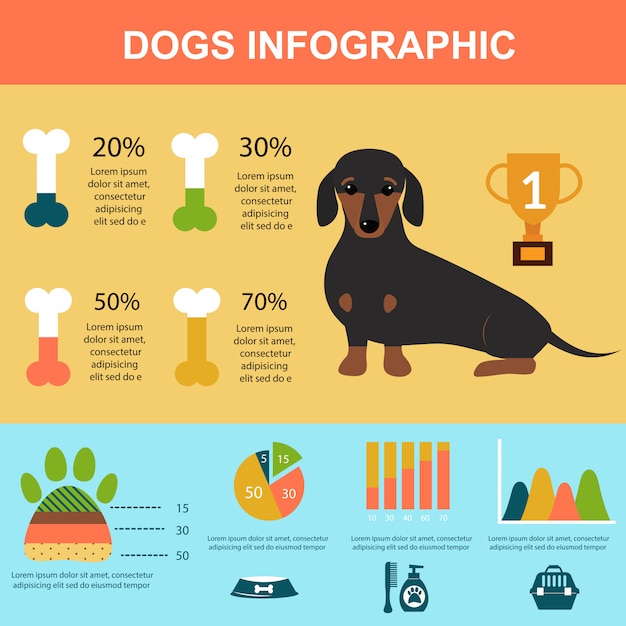Is Dog Daycare Good For Hyper Dogs
Is Dog Daycare Good For Hyper Dogs
Blog Article
Can Pet Daycare Cause Ailment?
Pets in day care get lots of workout, socializing with other dogs and unique experiences. This can be specifically practical for young puppies and canines with behavioral concerns.
There are numerous lawful considerations you need to take into consideration when beginning a dog childcare business. These include the structure of your service and conformity with federal government laws.
1. Canine Distemper
Canine distemper is spread through direct contact with the bodily fluids and waste of a contaminated pet dog, yet it can additionally be transmitted via shared water and food bowls or through airborne droplets. This highly infectious health problem is most hazardous for pups, yet it can influence dogs of any age and is fatal for most if left neglected.
Preliminary signs of canine distemper commonly simulate an acute rhinitis, including runny eyes and nose with watery or pus-like discharge. As the disease progresses, a pet dog will develop high temperature, coughing, lowered cravings, throwing up and looseness of the bowels. The infection can additionally strike the nerves, causing seizures, shivering and partial or full paralysis.
Reputable daycares reduce direct exposure to infection by calling for inoculations, regular health examinations and adhere to rigorous health procedures. If your puppy seems excessively exhausted or limping, a day of rest may aid him recoup, yet you must stay clear of taking him back to day care up until these signs clean up.
2. Kennel Cough
Kennel cough, also known as infectious canine tracheobronchitis or Bordetella, is a highly transmittable viral or microbial illness that impacts the breathing tract. It's commonly transferred via the exchange of saliva or air beads that an ill canine exhales. Social dogs go to greater threat for infection as a result of their constant communication with one another, such as when they play, share food or water, sniff one another or merely fulfill in a congested atmosphere like a canine park or daycare.
One of the most usual sign of kennel cough is a persistent and strong coughing that sounds like something stuck in the throat or retching. Often, dogs will certainly divulge foamy white phlegm. If left neglected, a dog can create pneumonia and go to major risk permanently.
A reliable daycare center ought to have strict cleansing and cleanliness procedures, sanitize all playthings, food and water bowls on a regular basis, and be open regarding their vaccination plans. Keeping your dog approximately date on their vaccinations, especially for bordetella and canine flu, will significantly lower their opportunities of acquiring the ailment.
3. Parvovirus
Canine parvovirus, or parvo, is a very infectious viral illness that can be harmful for young puppies and young adult pets with bad immune systems. It's most generally spread by direct contact with infected canine feces-- which can happen when pets sniff, lick, or taste contaminated feces-- and indirectly from contaminated individuals, items, or environments (like kennels, brushing spaces and grass). Young puppies and dogs without full vaccination backgrounds are particularly at risk to parvo.
The virus is extremely durable, surviving in the setting for as much as 9 years, and can conveniently be transferred in between canines by contact with feces or on shoes, apparel, and bed linen contaminated with parvovirus. Otherwise treated quickly with IV fluids, electrolyte equilibrium, vomiting control drugs and prescription antibiotics to prevent additional bacterial infections, a pet dog will rapidly dry out and develop serious diarrhea, which causes shock and sepsis. Parvo is tough to cure when a pet has come to be ill, however with ideal veterinary treatment, many young puppies do endure this illness.
4. Dog Influenza
Dog flu virus is very infectious and spreads via direct get in touch with, sharing food and water bowls, licking or nuzzling other canines, via airborne beads, and through polluted surfaces. Vaccination works in decreasing the threat of infection and break outs.
Most impacted pets develop a moderate respiratory boarding dog near me system infection with a cough that lasts 1-3 weeks. They might additionally have nasal and ocular discharge, sneezing, and sleepiness. Some of one of the most significant cases lead to pneumonia and a high fever.
If your pet exhibits any one of these signs and symptoms, do not bring them back to daycare up until they are healthy and balanced. If your dog is showing indications of severe fatigue or hopping, talk with your vet as soon as possible and make sure they are on health supplements to aid build their resistance. A veterinarian will examine your pet for symptoms of the flu by taking an example from the nose or throat, and blood examinations can be done to confirm.